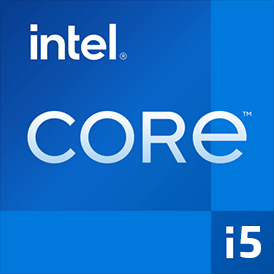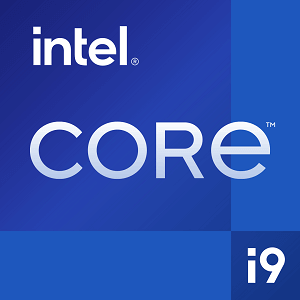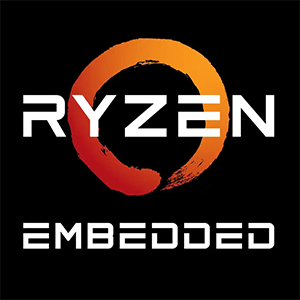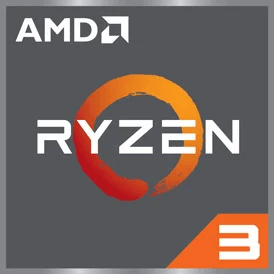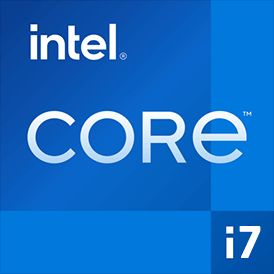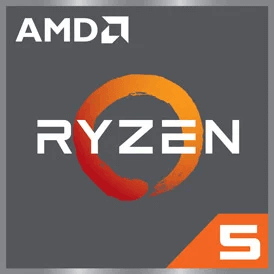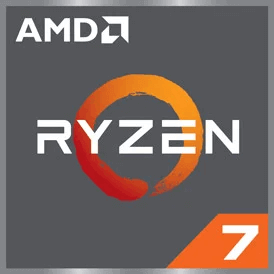Intel Core i5 11400F vs Intel Core i9 14901E
We compared two desktop CPUs: Intel Core i5 11400F with 6 cores 2.6GHz and Intel Core i9 14901E with 8 cores 2.8GHz . You will find out which processor performs better in benchmark tests, key specifications, power consumption and more.
Main Differences
Intel Core i9 14901E Advantages
Released 3 years and 4 months late
Higher specification of memory (5600 vs 3200)
Larger memory bandwidth (89.6GB/s vs 50GB/s)
Newer PCIe version (5 vs 4.0)
Higher base frequency (2.8GHz vs 2.6GHz)
Larger L3 cache size (36MB vs 12MB)
More modern manufacturing process (10nm vs 14nm)
Score
Benchmark
Geekbench 6 Single Core
Intel Core i5 11400F
1995
Intel Core i9 14901E
+30%
2608
Geekbench 6 Multi Core
Intel Core i5 11400F
8199
Intel Core i9 14901E
+73%
14185
General Parameters
Mar 2021
Release Date
Jul 2024
Intel
Manufacturer
Intel
Desktop
Type
Desktop
x86-64
Instruction Set
-
Rocket Lake
Core Architecture
Raptor Lake-R
i5-11400F
Processor Number
-
LGA-1200
Socket
Intel Socket 1700
N/A
Integrated Graphics
UHD Graphics 770
-
Generation
Core i9 (Raptor Lake Refresh)
Package
14 nm
Manufacturing Process
10 nm
65 W
Power Consumption
65 W
100 °C
Peak Operating Temperature
-
-
Foundry
Intel
-
Die Size
257 mm²
CPU Performance
6
Performance Cores
-
12
Performance Core Threads
-
2.6 GHz
Performance Core Base Frequency
2.8 GHz
4.4 GHz
Performance Core Turbo Frequency
5.6 GHz
6
Total Core Count
8
12
Total Thread Count
16
100 MHz
Bus Frequency
100 MHz
26x
Multiplier
28.0
64 K per core
L1 Cache
80 KB per core
512 K per core
L2 Cache
2 MB per core
12 MB shared
L3 Cache
36 MB shared
No
Unlocked Multiplier
No
-
SMP
1
Memory Parameters
DDR4-3200
Memory Types
DDR4-3200, DDR5-5600
128 GB
Max Memory Size
-
2
Max Memory Channels
2
50 GB/s
Max Memory Bandwidth
89.6 GB/s
No
ECC Memory Support
Yes
